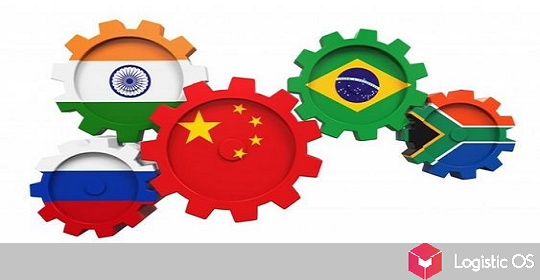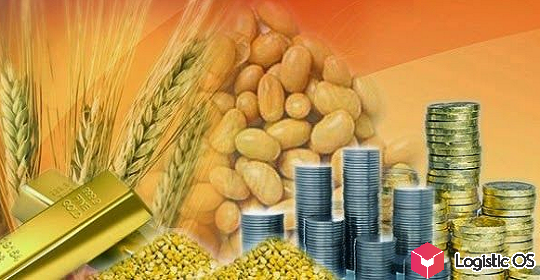Vietnamese farmers are actively developing environmentally friendly production; it is planned that by 2050 only organic fertilizers will be used on half of the areas there.
Currently, there are already about 800 types of biological pesticides in Vietnam, and work is now underway to ensure that they occupy at least 30% of the total volume used.
Active work to make food production in Vietnam as “green” as possible is being carried out, among other things, in order to interest potential buyers abroad.
Vietnamese Minister of Agriculture Le Minh Hoan said that today many buyers of agricultural products are not indifferent to the conditions in which they were grown and what damage was caused to the environment.
Therefore, taking care of the environmental friendliness of production is not only good in itself, but also increases competitiveness.
There has already been some progress on this path. For example, a project to grow rice on an area of 1 million hectares was recognized as successful.
It is grown using a green approach with minimal carbon emissions, while the project combines the benefits of high yields and equally high quality.
Vietnamese rice grown under the new model is expected to have its own brand.
What does Vietnam want to achieve in the agricultural sector?
The ultimate goal is a production in which, on the one hand, only organic fertilizers are used, on the other, at least 60% of all production waste is processed, including into those same organic fertilizers.
This is how the new “regenerative” rice farming model currently works. It is planned that in the future a similar approach will be applied to other industries.
International organizations have praised Vietnamese experience in rice cultivation.
They will likely cite this example as proof that green production is possible and goes well with high efficiency and yield.
It is possible that other countries will also pick up the Vietnamese rice farming model and implement it in their territories.
Among other things, mass processing of waste into organic fertilizers is beneficial from an economic point of view, since it can significantly reduce the cost of purchasing chemical pesticides.
Experts note that cultivation using this model, however, requires significant investments in science: from the development of new varieties to the digitalization of production.

